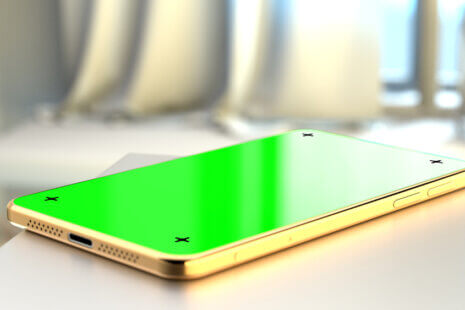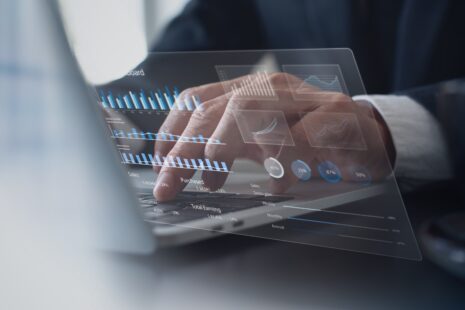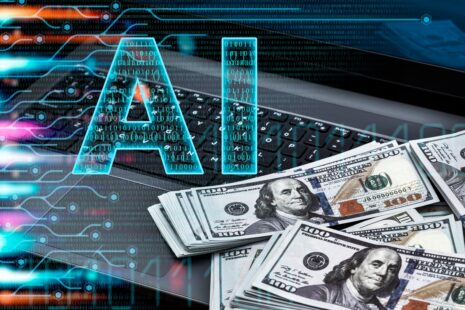The question of whether AI art could become illegal is a complex one and largely depends on how laws evolve around intellectual property, ethics, and copyright. As of now, AI-generated art is not inherently illegal, but there are some legal and ethical challenges that could shape its future status.
Key Legal Concerns Around AI Art…
Copyright Issues
-
Ownership – One of the biggest questions surrounding AI art is who owns the rights to the art. If an AI creates a piece of art, who is the legal owner? The person who created the AI, the person who used the AI, or the AI itself (which isn’t currently possible as AI is not considered a legal entity)?
-
Authorship – Copyright laws generally require a human creator, which presents a problem when AI is involved. For example, if an AI is generating art based on a dataset of existing works, it could be argued that the AI’s output is derivative, potentially infringing on the copyright of the original artists.
AI Using Existing Art
-
Training Data – AI art is often created using algorithms trained on large datasets of existing art, some of which may be copyrighted. If an AI creates a piece of art that closely resembles or copies parts of a copyrighted work, there may be legal concerns about infringement. Lawsuits related to AI art using copyrighted images could make certain types of AI art production illegal if it’s found to violate copyright law.
-
Fair Use – In some cases, AI-generated art may be protected under fair use provisions (in the U.S. and other jurisdictions with similar laws), but this is a gray area that could be contested in court, depending on how AI works with copyrighted material.
Deepfakes and Deceptive Content
-
Misuse of AI Art – AI has also been used to create realistic deepfakes (videos, images, or audio that have been altered to mislead). AI art could potentially be used to create misleading or harmful content, such as fake news, impersonation, or defamation. Many governments are looking into stricter laws around the use of AI for deceptive purposes, which could extend to AI art if it is used in ways that mislead or harm people.
-
Ethics and Consent – If AI art is created using images or likenesses of individuals without their consent, or if it replicates an artist’s style too closely, this could raise ethical concerns and legal questions about misuse or exploitation.
AI Art and Employment Law
-
Impact on Artists – One of the societal concerns is the potential for AI art to disrupt the livelihoods of traditional artists. Some argue that AI-generated art could lead to a devaluation of human-created art or replace artists in certain sectors (e.g., graphic design, advertising). While this doesn’t necessarily make AI art illegal, it could spark debates about workers’ rights and how AI should be regulated in creative industries.
Regulations and Future Legislation
-
Lack of Clear Laws – As of now, most legal systems have not fully caught up to the rise of AI-generated content. Laws around AI are still evolving, and some countries are beginning to introduce regulations that specifically address the intellectual property of AI-generated content.
-
European Union – The EU is working on legislation that addresses the rights of creators and the use of AI in various fields, which could influence how AI art is treated.
-
United States – The U.S. Copyright Office has ruled that works created by AI without human input are not eligible for copyright, but this area of law is still subject to change as more cases arise.
-
AI art is not inherently illegal, but it could become problematic or even subject to restrictions.




